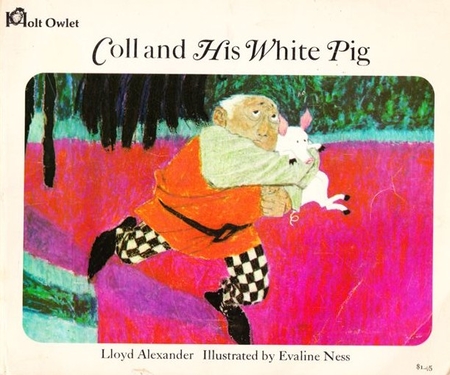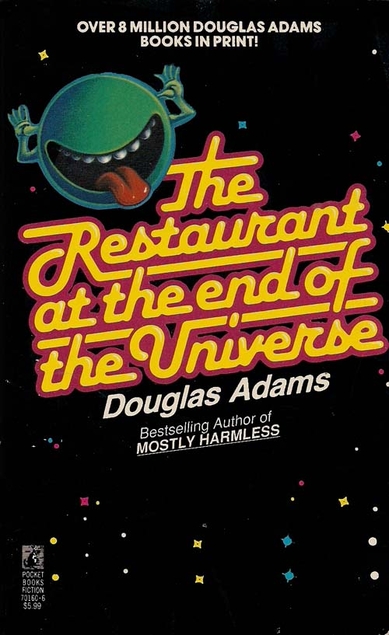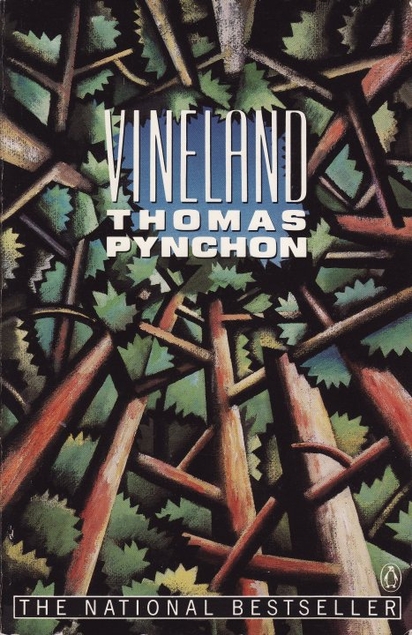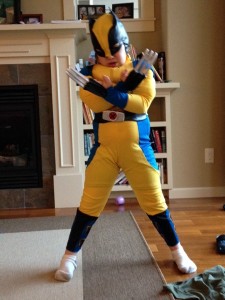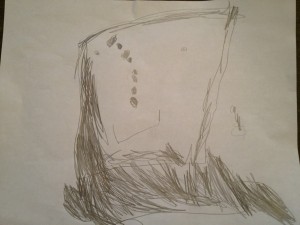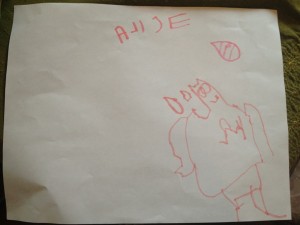(Or was it Emily?)
It’s a little known fact, but Charlotte Brontë ran a rather successful adventure tour on the side. Once she’d really gotten it going, it practically ran itself. She’d tried to enlist Branwell’s help, but he turned out to be rubbish at it, poor fellow.
Charlotte Brontë had had a stroke of inspiration while proofreading something or other that Branwell had written. It was dreadfully dull, but she had promised. Anyway, his writing was so ponderous and stodgy (he’d learned all the wrong lessons from Anne) that she’d found her mind wandering.
Soon, it was all forbidden tombs, poisonous marshes, terrifying fens all up in there. By which I mean her brain. She had just the thing to cure all that writerly and intellectual ennui that so afflicted all her friends and relations.
Six months later, and she was leading an expedition into the Lost Catacomb of Ros Amidras Fyrrentas. Among her party were Branwell (gamely trying his best to fasten on his helmet, but really, he just couldn’t get the hang of it–Charlotte had to help), Erasmus Darwin, George Eliot (she turned a blind eye to the fake mustache, natch), William Makepeace Thackeray, and her good chum Elizabeth Cleghorn Gaskell. There were some others, but they were hardly worth mentioning. Her sisters had declined to attend.
Thackeray very nearly fainted in terror during the Triangle Mishap, but otherwise it all went stunningly well. Apart from Branwell getting his head stuck in a funereal urn, that is. Charlotte had to break it. Sometimes beauty had to yield to necessity, especially when Branwell involved. George Eliot swung across the ravine deliciously, and Cleggs handled that animated skeleton like a champ.
At the end, Thackeray shook her hand profusely, while George Eliot winked and strode manfully away, golden amulet twirling around her gloved fingers.
Yes, Charlotte Brontë thought, this will be just the thing.
